Timeline: key moments of the past decade
From major terrorist attacks to natural disasters and political upheaval, these were the major news events of the past decade.
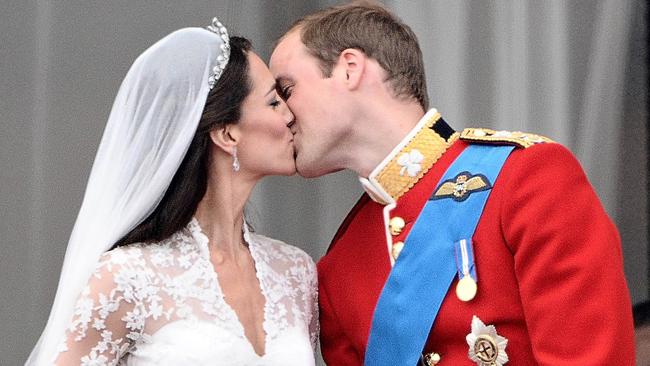
From major terrorist attacks to natural disasters and political upheaval, these were the major news events of the past decade.
-
2010
January 12, 2010: Haiti earthquake
The Haiti earthquake is a catastrophic magnitude 7.0 Mw, with an epicentre near the town of Leogane and about 25km west of Port-au-Prince, Haiti’s capital. About three million people are affected by the quake and the death toll estimates range from 100,000 to about 160,000. The most-watched telethon in history, called Hope for Haiti Now, airs on January 22, raising $US58m by the next day.
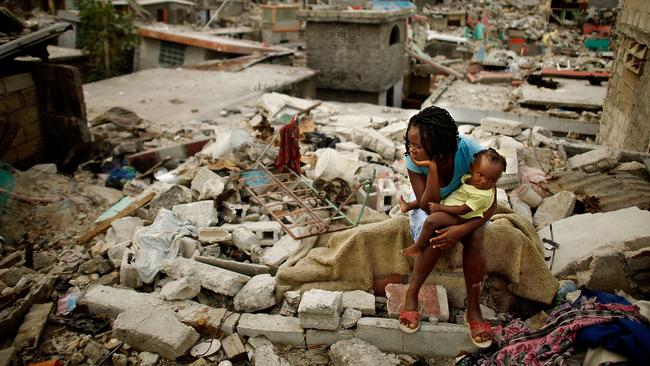
April 20, 2010: Deepwater Horizon oil spill
The spill begins in the Gulf of Mexico on the BP-operated Macondo Prospect. It is considered to be the largest marine oil spill in the history of the petroleum industry and one of the worst environmental disasters in US history. An estimated 4.9 million barrels of oil end up in the ocean and 11 people are killed. BP later is found responsible due to gross negligence and reckless conduct and agrees to pay $US18.7bn in fines, the US’s largest corporate settlement.
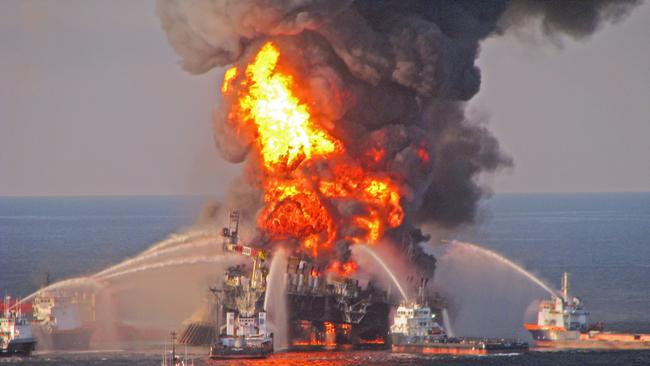
June 24, 2010: Julia Gillard sworn in as Australia’s 27th prime minister
Kevin Rudd is challenged by deputy prime minister Julia Gillard for the leadership of the Australian Labor Party. Gillard wins the election unopposed after Rudd declines to contest.
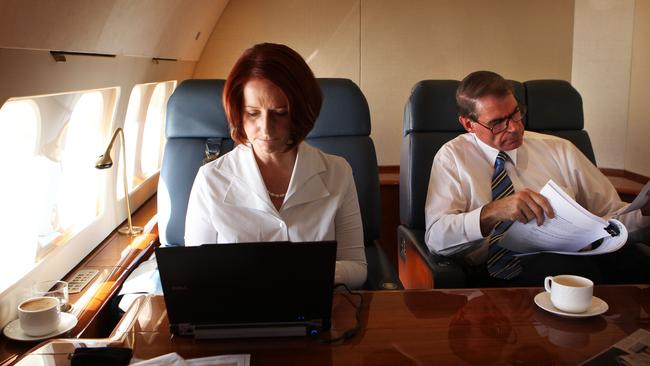
December 14, 2010: Christmas Island boat disaster
A boat carrying around 90 asylum-seekers sinks off the coast of Christmas Island, killing 48 people aboard.
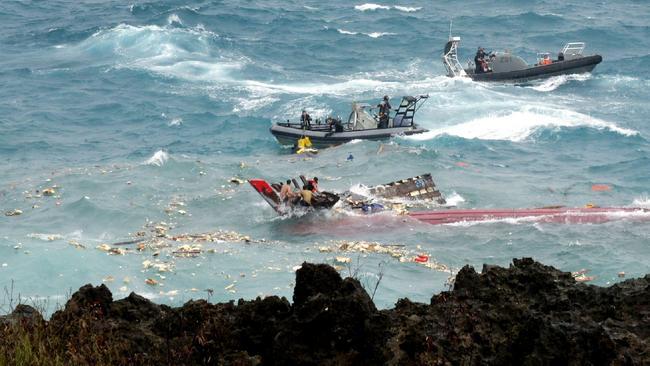
December 18, 2010: Tunisian Revolution
An intensive 28-day campaign of civil resistance that culminates in the ousting of long-time president Zine El Abidine Ben Ali. The revolution inspires the Arab Spring and spreads to Libya, Egypt, Yemen, Syria and Bahrain, where regimes are toppled or major uprisings, including civil wars, occur.
-
2011
March 11, 2011: Fukushima Daiichi nuclear disaster
The Tohoku earthquake generates a 14m-high tsunami that sweeps over the plant’s seawall and floods its lower grounds, leading to three nuclear meltdowns. The disaster is the most severe nuclear accident since the Chernobyl disaster in 1986.
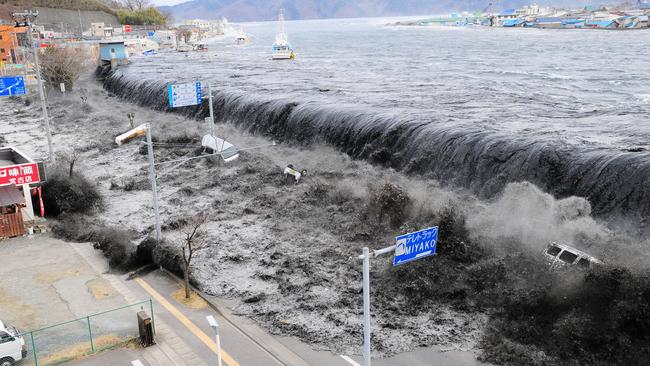
March 15, 2011: Syrian civil war begins
The unrest in Syria, part of a wider wave of the 2011 Arab Spring protests, grows out of discontent with the Syrian government and escalates to an armed conflict after protests calling for President Bashar al-Assad’s removal are violently suppressed. The war is the second deadliest of the 21st century and 400,000 people are estimated to have died.
April 29, 2011: Prince William and Catherine Middleton marry
The wedding of Prince William and Catherine Middleton at Westminster Abbey in London is the most anticipated royal wedding since Princess Diana married Prince Charles in 1981. Prince William is second in the line of succession to the British throne. The bride, known as Kate, has been his girlfriend since 2003.
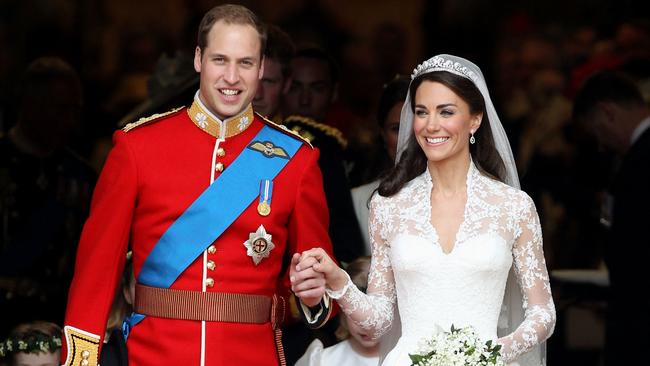
May 2, 2011: Death of Osama bin Laden
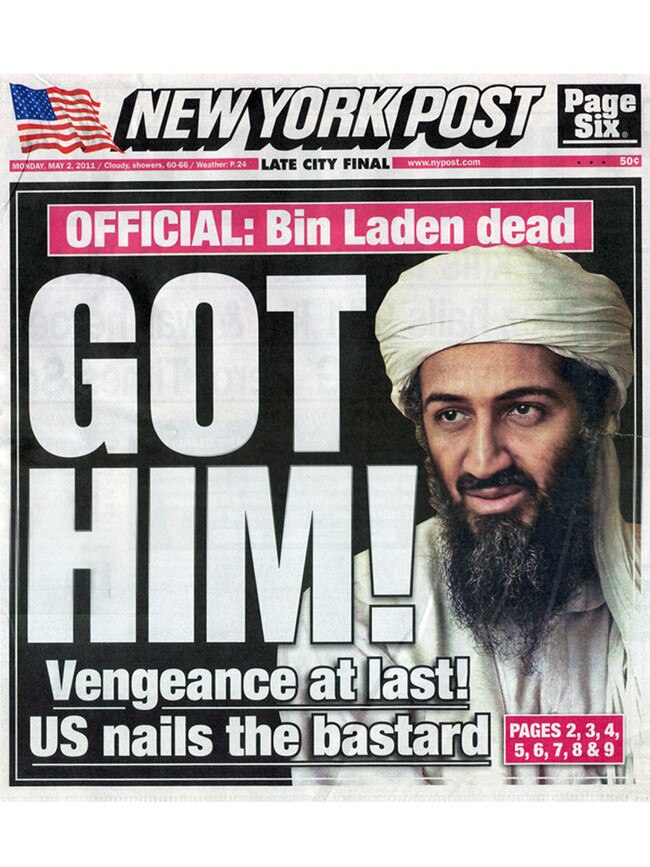
The founder of Islamist terrorist group al-Qa’ida is killed in Pakistan by US forces, ending a nearly 10-year search for bin Laden following his role in the September 11, 2001, attacks on the US.
July 22, 2011: Norway attacks
Norwegian far-right terrorist Anders Behring Breivik kills eight people by detonating a van bomb in Oslo, then shoots dead 69 participants of a Workers Youth League summer camp on the island of Utoya.
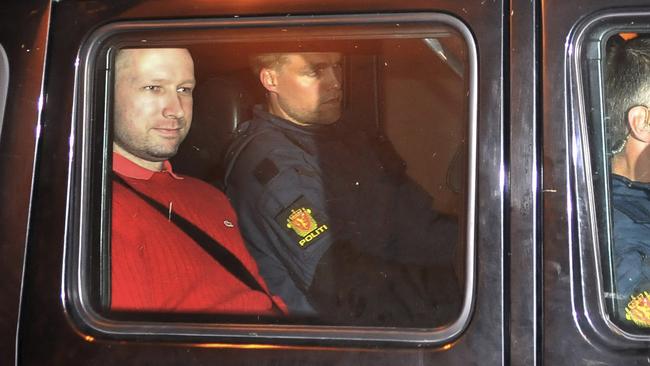
-
2012
November 6, 2012: Barack Obama wins second term
Barack Obama and vice-president Joe Biden defeat the Republican ticket of Mitt Romney and Paul Ryan, winning a majority of the popular vote and the electoral college.
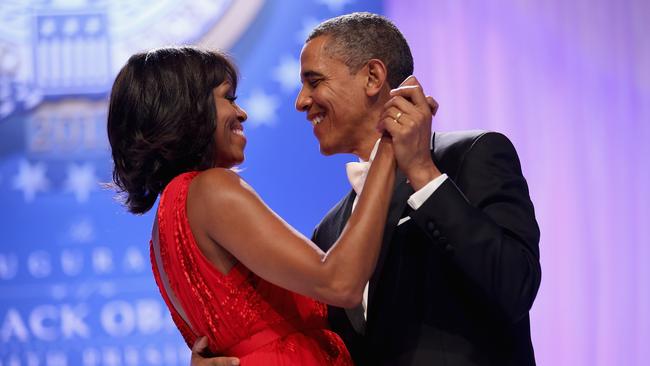
November 15, 2012: Xi Jinping’s rise to power
Xi Jinping is elected to the posts of general secretary of the Communist Party and chairman of the CPC Central Military Commission by the 18th Central Committee of the Communist Party of China. This makes him, informally, the country’s paramount leader and the first to be born after the founding of the People’s Republic of China.
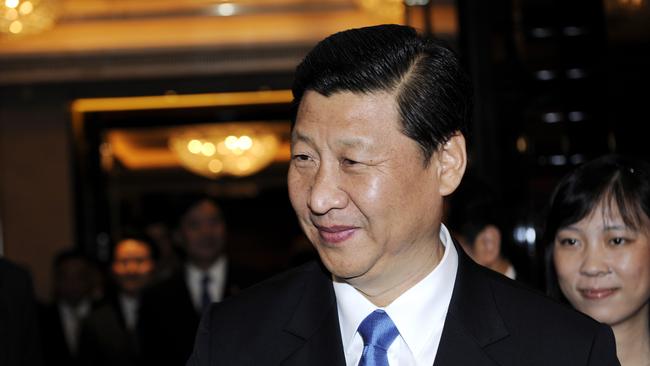
December 14, 2012: Sandy Hook
Adam Lanza, 20, shoots and kills 26 people, including 20 children aged six and seven years old, and six adult staff members at Sandy Hook Elementary School in Newtown, Connecticut. It remains the deadliest mass shooting at a primary or secondary school in US history. Lanza also shoots and kills his mother before driving to the school and later committing suicide.
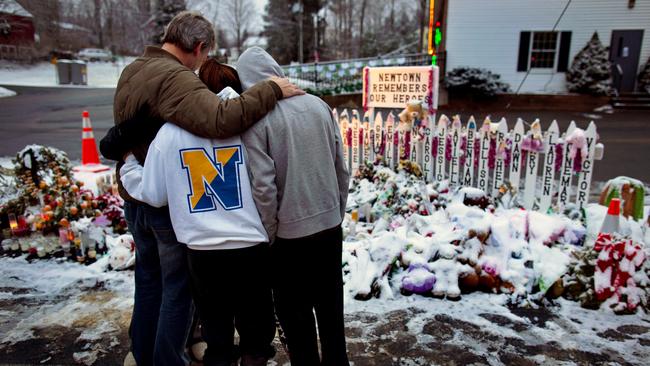
-
2013
April 15, 2013: Boston Marathon bombings
During the annual Boston Marathon two homemade pressure-cooker bombs are detonated 14 seconds apart near the finish line of the race, killing three people and injuring several hundred others, including 16 who lose limbs. The terrorists later are identified as Chechen Kazakhstani-American brothers Dzhokhar Tsarnaev and Tamerlan Tsarnaev.
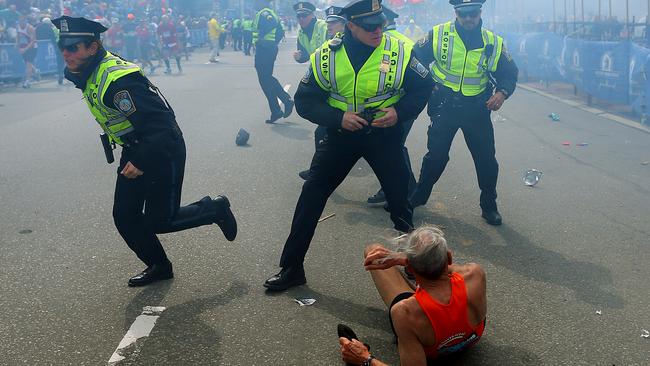
June 21, 2013: Labor leadership spill
Julia Gillard calls a ballot for leader and deputy leader of the Labor Party following persistent leadership tensions. Kevin Rudd announces that he will challenge Gillard and pledges to step down if he does not win the vote. Rudd wins the caucus vote 57–45 and becomes prime minister again.
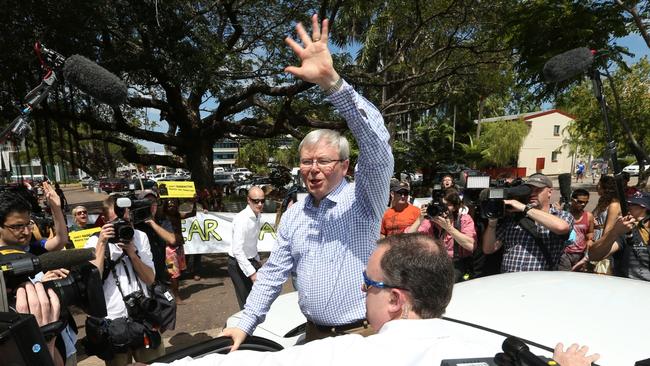
July 22, 2013: Prince George of Cambridge is born
George Alexander Louis, the eldest child of Prince William and Catherine Middleton, is born in London’s St Mary’s Hospital. He is third in the line of succession to the British throne behind his grandfather Prince Charles and his father.
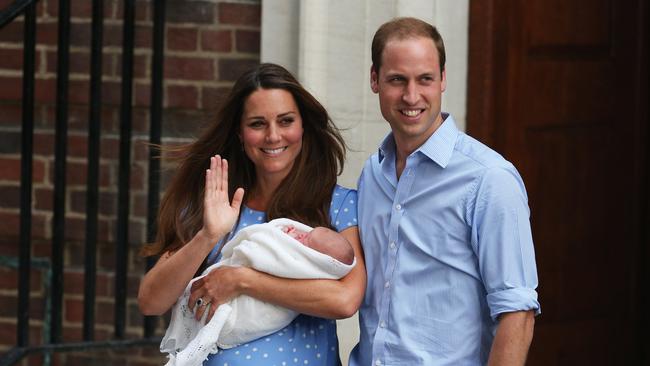
September 7, 2013: Tony Abbott becomes Australia’s 28th prime minister
Tony Abbott leads the Liberal-National Coalition to a decisive victory over the incumbent Labor government led by Kevin Rudd.
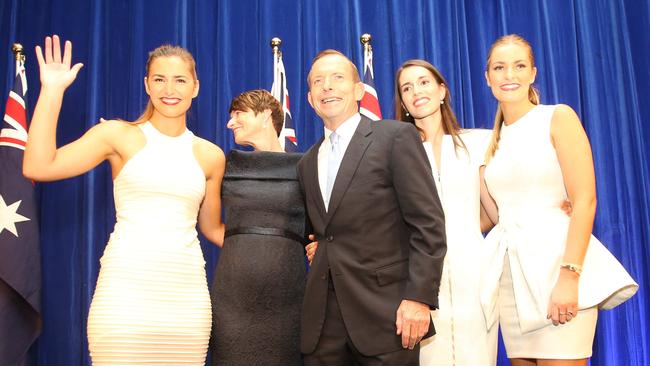
December 5, 2013: Nelson Mandela dies
The first president of South Africa to be elected in a fully representative democratic election, as well as the country’s first black head of state, dies aged 95.
-
2014
March 8, 2014: MH370 disappears
Malaysia Airlines Flight 370 disappears while flying from Kuala Lumpur International Airport to Beijing Capital International Airport with 239 people, including six Australians, on board. Despite years of searches, the plane has never been found.
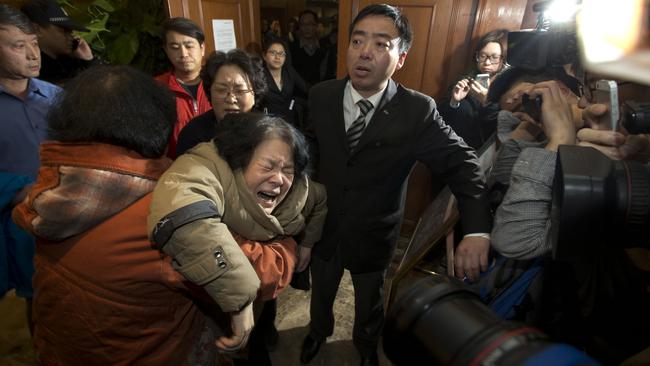
June 2014: The rise of Islamic State
Islamic State leader Abu Bakr al-Baghdadi proclaims the establishment of a caliphate after the terror group shoots to global prominence when it drives Iraqi government forces out of key cities and captures Mosul.
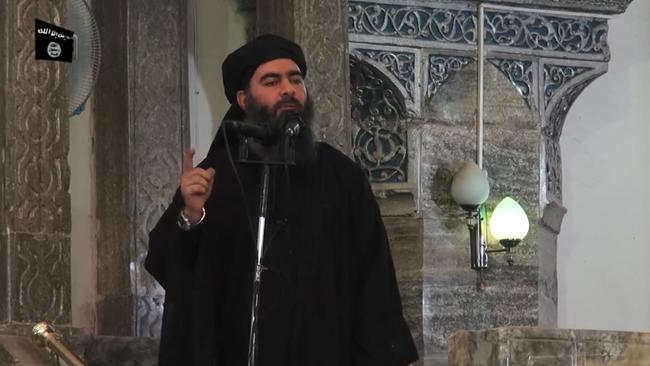
July 17, 2014: MH17 crashes
Malaysia Airlines Flight 17 is shot down while flying over eastern Ukraine in an area controlled by pro-Russian rebels. All 283 passengers and 15 crew members are killed, including 27 Australians.
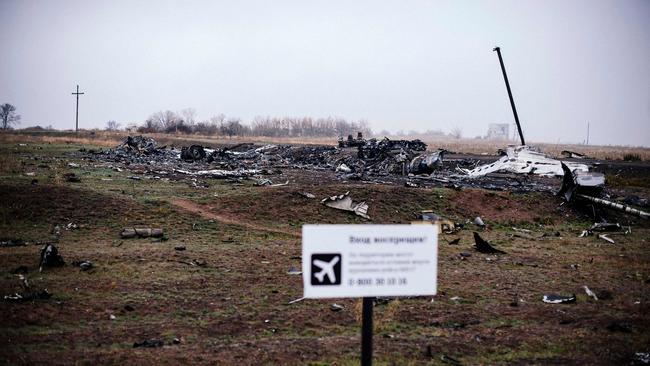
October 21, 2014: Gough Whitlam dies
Former Labor prime minister Edward Gough Whitlam dies aged 98. Whitlam led his party to power for the first time in 23 years at the 1972 election. He won the 1974 election before being controversially dismissed by governor-general Sir John Kerr.
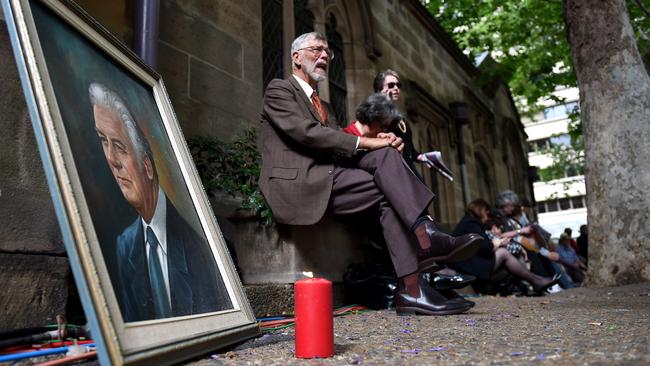
December 15, 2014: Lindt Cafe siege
Lone gunman Man Haron Monis holds hostage 10 customers and eight employees of the Lindt chocolate cafe in Sydney’s Martin Place. The siege leads to a 16-hour standoff and ends with the deaths of hostages Tori Johnson and Katrina Dawson. Monis also is killed.
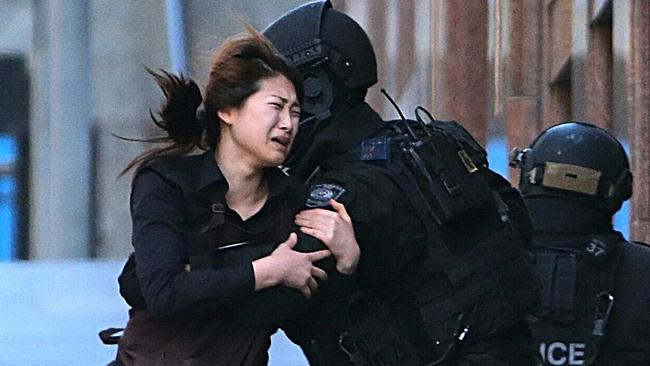
-
2015
January 7, 2015: Charlie Hebdo shooting
Two brothers, Said and Cherif Kouachi, force their way into the offices of the French satirical weekly newspaper Charlie Hebdo in Paris. Armed with rifles and other weapons, they kill 12 people and injure 11.
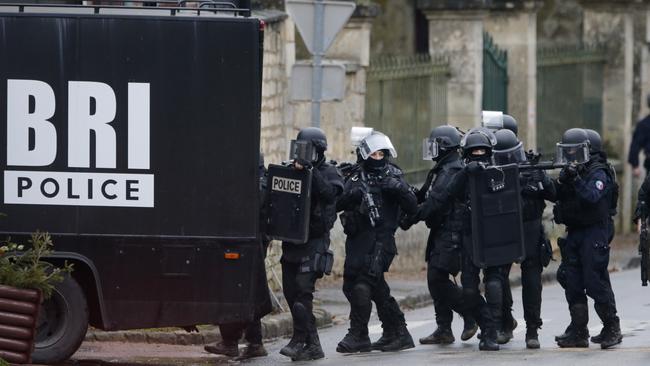
April 29, 2015: Two Australians executed in Indonesia
Convicted Australian drug smugglers Myuran Sukumaran and Andrew Chan are executed by firing squad. The pair were arrested with seven other Australian co-offenders in April 2005 and the group became known as the Bali Nine.
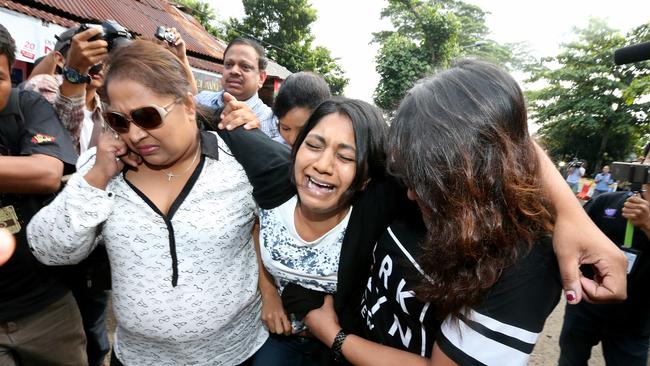
September 14, 2015: Liberal Party leadership spill
Malcolm Turnbull defeats Tony Abbott, 54 votes to 44, becoming leader of the Liberal Party and prime minister. Turnbull earlier had held a press conference where he announced that he would be launching the challenge, citing Abbott’s loss of 30 consecutive Newspolls.
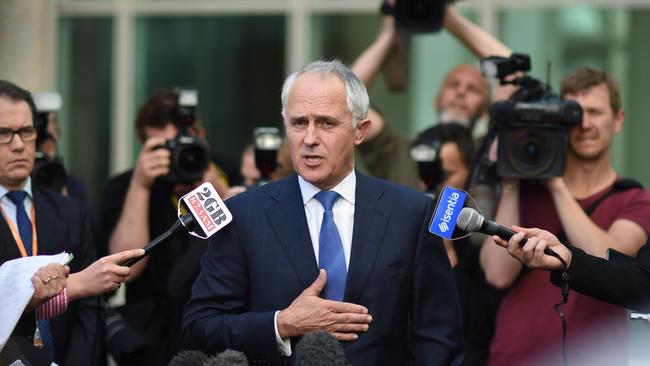
October 2, 2015: Parramatta shooting
Farhad Khalil Mohammad Jabar, a 15-year-old boy, shoots and kills Curtis Cheng, an unarmed police civilian finance worker, outside the NSW Police Force headquarters in Parramatta. Jabar subsequently is shot and killed by special constables.
November 13-14, 2015: Paris attacks
A Belgium-based terror cell run from Syria descends on Paris, killing 130 people in bombings and shootings at a concert hall, bars, restaurants and the Stade de France sports stadium. At the Bataclan, a fabled Paris concert venue, 90 people die at a show by American group Eagles of Death Metal.
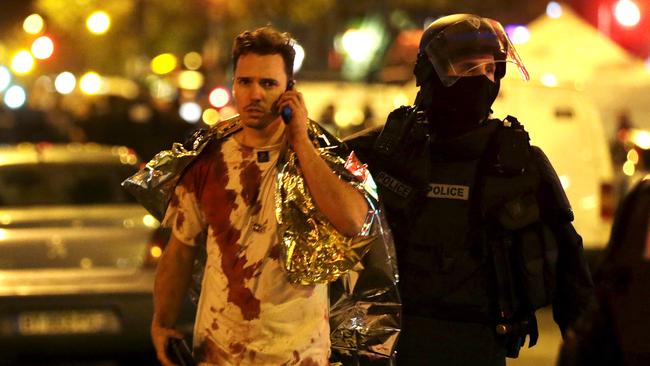
-
2016
April 22, 2016: Paris Agreement signed
195 countries sign the Paris Agreement and agree to pursue efforts to limit the increase in global average temperature to 1.5C, recognising that this will substantially reduce the risks and impacts of climate change.
June 12, 2016: Orlando nightclub shooting
Omar Mateen, 29, kills 49 people and wounds 53 others in a mass shooting inside Pulse, a gay nightclub in Orlando, Florida. In a 911 call before the shooting, Mateen swears allegiance to Islamic State. It is the deadliest terrorist attack on US soil since the September 11, 2001, attacks. Mateen is shot and killed by police after a three-hour standoff.
June 23, 2016: Brexit referendum
The UK holds a referendum on whether to leave the EU; 51.9 per cent of people vote to leave the bloc.
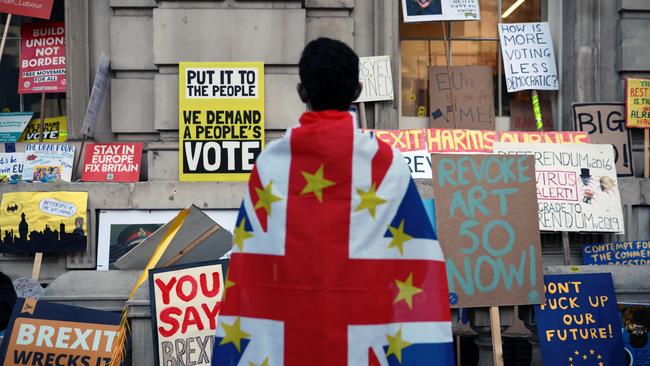
July 14, 2016: Nice truck attack
Mohamed Lahouaiej-Bouhlel, a Tunisian resident of France, deliberately drives a 19-tonne cargo truck into crowds of people celebrating Bastille Day on the Promenade in Nice, killing 86 people and injuring of 458 others.
November 9, 2016: Donald Trump becomes US President
Republican Donald Trump defeats Democrat and former secretary of state Hillary Clinton in what is arguably one of the biggest election upsets in US political history. Trump wins 304 electoral votes compared with Clinton’s 227, though Clinton wins the popular vote, receiving nearly 2.9 million more votes than Trump.
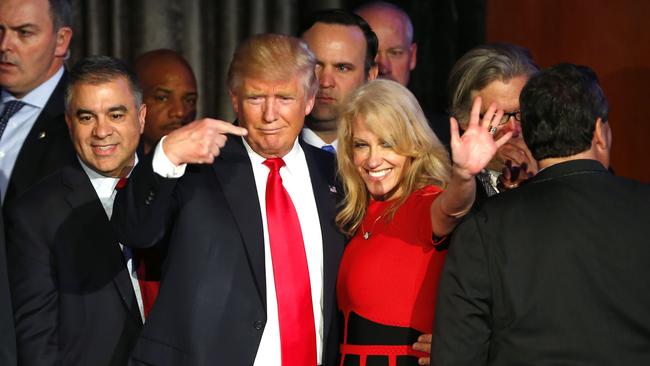
-
2017
January 20, 2017: Melbourne car attack
James Gargasoulas, who is in a drug-induced psychosis, deliberately drives a car into pedestrians along Bourke Street in Melbourne’s CBD. Six people are killed and 27 are seriously injured. Gargasoulas later is found guilty of six counts of murder and sentenced to life in prison.
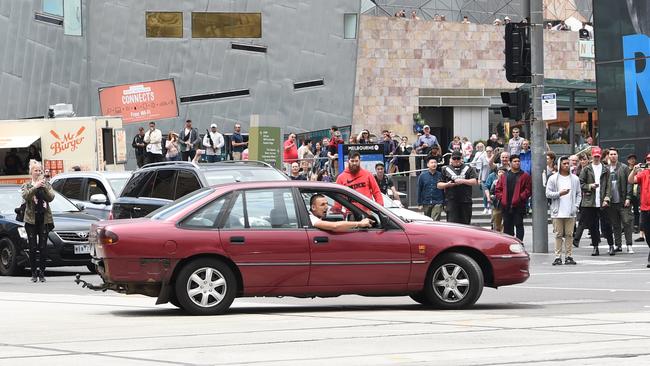
June 3, 2017: London Bridge attack
A van is deliberately driven into pedestrians on London Bridge before crashing on the south bank of the River Thames. The attackers, who are inspired by the Islamic State, then run to the nearby Borough Market area and begin stabbing people. Eight people are killed, including two Australians, and 48 are injured.
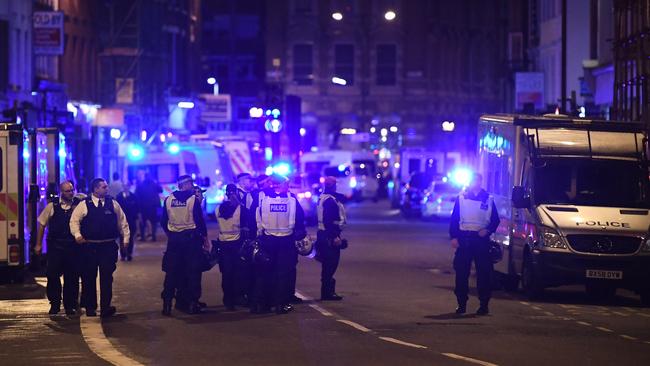
June 8, 2017: UK general election
British prime minister Theresa May narrowly wins a snap election against Labour leader Jeremy Corbyn. The Conservative Party loses its majority, resulting in the formation of a minority government with the Democratic Unionist Party.
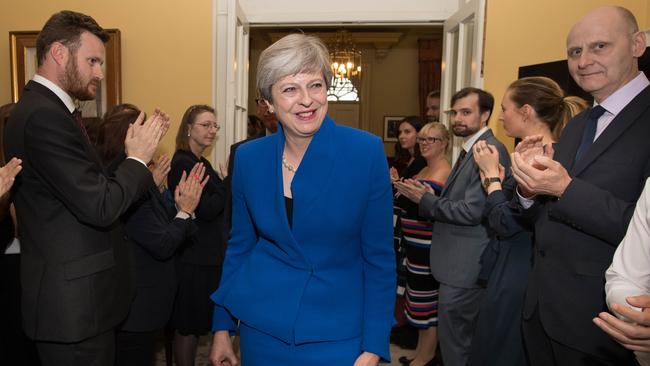
August 2017-2018: Citizenship crisis
Fifteen sitting politicians are ruled ineligible to sit in parliament by the High Court of Australia. The situation arises from section 44(i) of the Australian Constitution, which prohibits dual citizens from sitting in parliament. The Coalition government briefly loses its lower house majority and the crisis triggers a string of by-elections across the country.
October 1, 2017: Las Vegas Strip shooting
Stephen Paddock, 59, opens fire on a crowd of concertgoers at the Route 91 Harvest Music Festival on the Las Vegas Strip in Nevada. He kills 58 people and wounds 413. It is the deadliest mass shooting in US history.
October 2017: #MeToo
Following the exposure of sexual abuse allegations against film producer Harvey Weinstein, #MeToo begins to spread virally as a hashtag on social media. The hashtag trends in at least 85 countries.
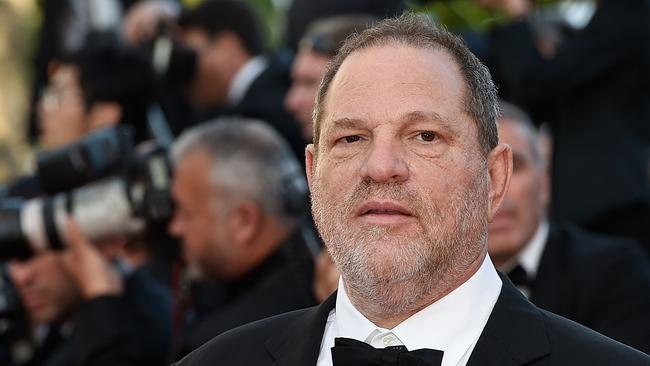
November 15, 2017: Marriage equality
Australians deliver an emphatic yes to same-sex marriage in a historical postal survey in which 61 per cent of respondents support changing the Marriage Act. Same-sex marriage becomes legal in Australia on December 9, 2017, after the bill passes the House of Representatives.
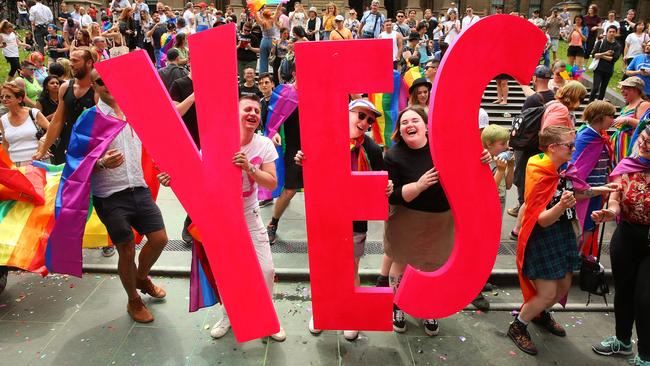
December 21, 2017: Melbourne car attack
Saeed Noori, 32, deliberately runs a red light and accelerates into pedestrians at the corner of Flinders and Elizabeth streets in Melbourne, killing one person and injuring 17 others.
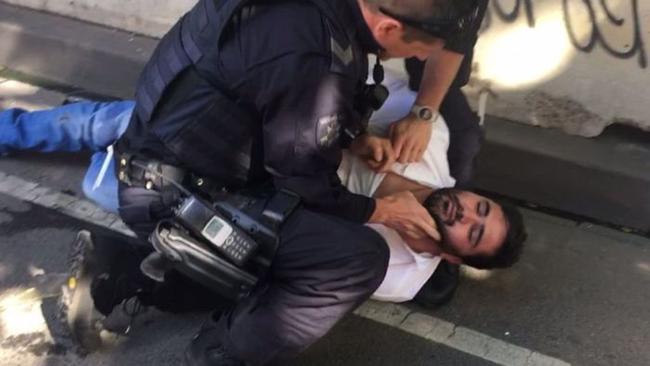
-
2018
February 14, 2018: Stoneman Douglas High School shooting
A gunman opens fire with a semi-automatic rifle at Marjory Stoneman Douglas High School in Parkland, Florida, killing 17 people and injuring 17 others. Nikolas Cruz, a 19-year-old former student, later is arrested and charged with 17 counts of murder.
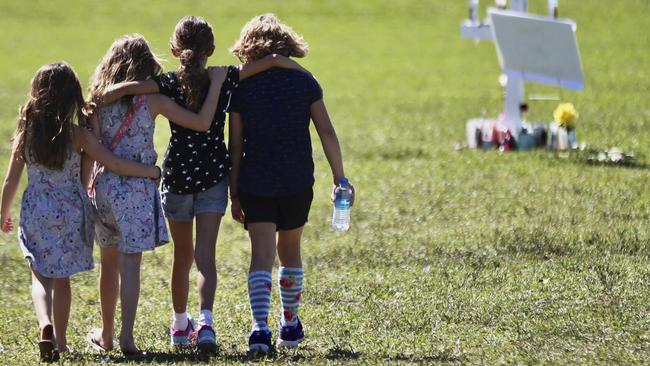
March 17, 2018: Xi Jinping reappointed for second term
China’s legislature unanimously approves the reappointment of Xi Jinping as president with no limit on the number of terms he can serve.
May 19, 2018: Royal wedding
Prince Harry and actress Meghan Markle marry in St George’s Chapel at Windsor Castle. The Queen confers on Prince Harry the title of Duke of Sussex; his American wife becomes the Duchess of Sussex.
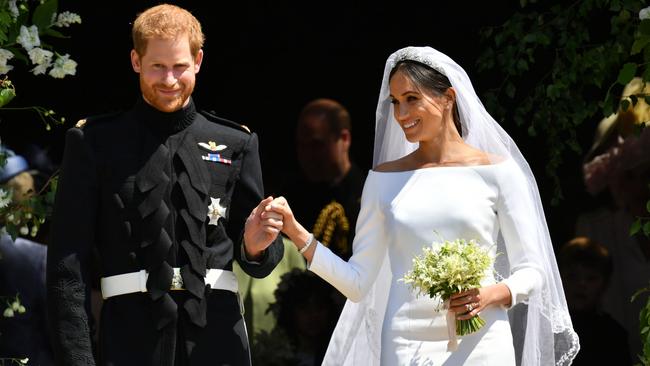
June 12, 2018: North Korea-US summit
A groundbreaking meeting between North Korean dictator Kim Jong-un and Donald Trump is held in Singapore. It is the first meeting between leaders of North Korea and the US. They sign a joint statement agreeing to security guarantees for North Korea, new peaceful relations and the denuclearisation of the Korean peninsula.
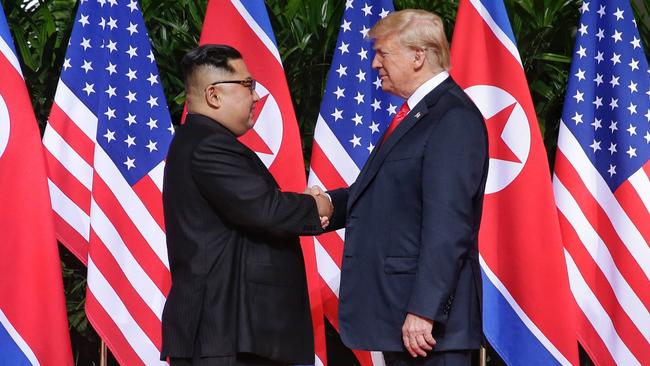
June 23, 2018: Tham Luang cave rescue
Twelve boys and their soccer coach are rescued from a flooded cave in northern Thailand. The rescue effort involves a global team of more than 10,000 people.
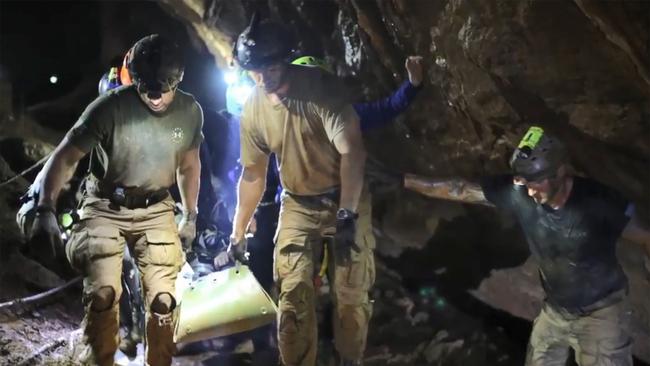
August 24, 2018: Liberal leadership spill
Scott Morrison defeats Peter Dutton 45 to 40 to succeed Malcolm Turnbull as leader of the Liberal Party and become Prime Minister.
-
2019
March 15, 2019: Christchurch mosque shootings
Australian white supremacist Brenton Tarrant, 28, carries out two consecutive terrorist shootings killing 51 people at two mosques in Christchurch, New Zealand, during Friday prayer. Tarrant’s trial is due to start in 2020.
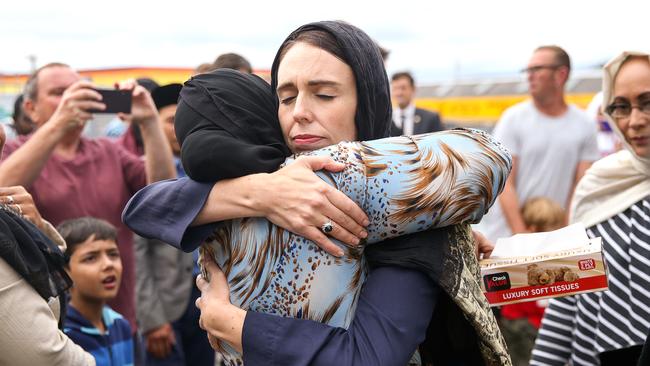
May 16, 2019: Bob Hawke dies
Bob Hawke is considered one of the most successful Labor leaders in Australian history, leading his party to four consecutive victories and serving as prime minister from 1983 to 1991.
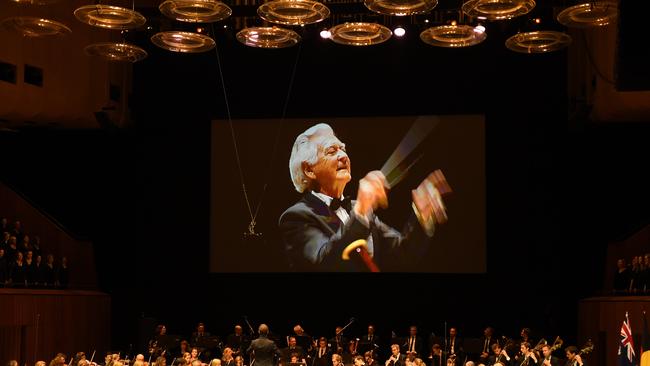
May 18, 2019: Election 2019
Scott Morrison wins a three-year term against Labor’s Bill Shorten. The Coalition wins a comfortable majority of 77 seats to Labor’s 68. Morrison describes the victory as a “miracle” and one for the quiet Australians.
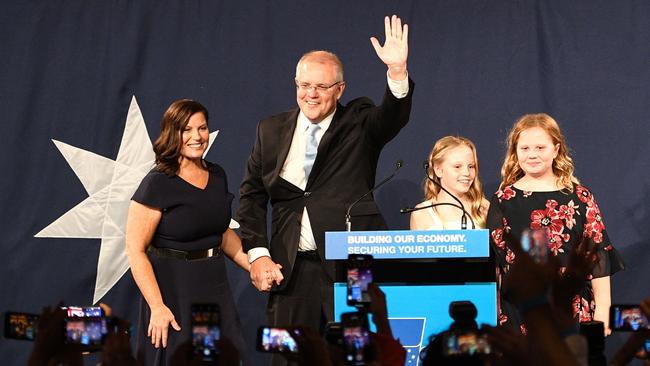
December 9, 2019: White Island tragedy
White Island, also known as Whakaari, erupts while 47 people are visiting the volcano off the coast of New Zealand’s North Island. At least 17 people are killed, two more are missing and presumed dead, and a further 29 people suffer injuries.
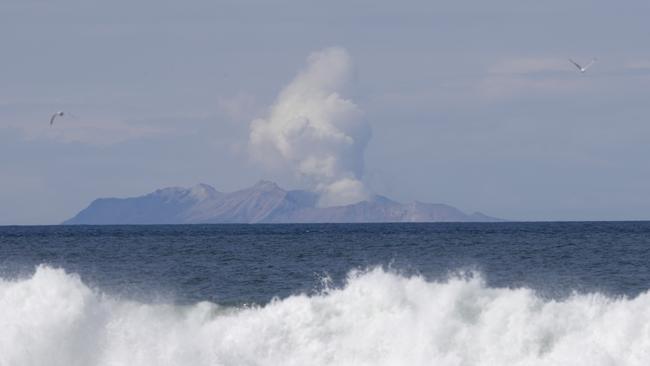
December 12, 2019: British election
Boris Johnson’s Conservative party wins a commanding majority in Britain’s general election. It is the Tories’ biggest majority since Margaret Thatcher in 1987. Johnson has promised to deliver Brexit.
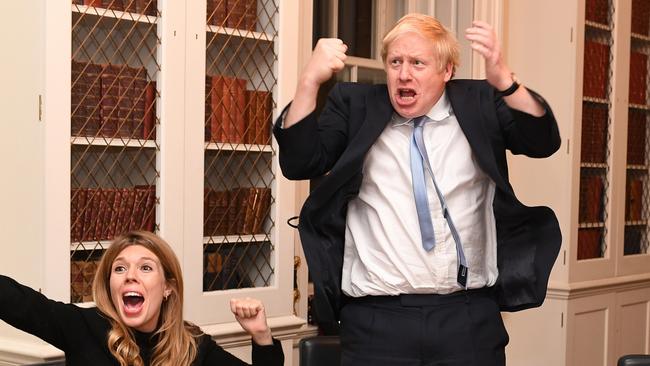
December 19, 2019: Trump impeached
Trump becomes only the third president in US history to be impeached after two votes in the Democratic Party-controlled House of Representatives. Trump is accused of pressuring Ukraine to dig up damaging information on Democratic rival Joe Biden and Biden’s son Hunter.

To join the conversation, please log in. Don't have an account? Register
Join the conversation, you are commenting as Logout